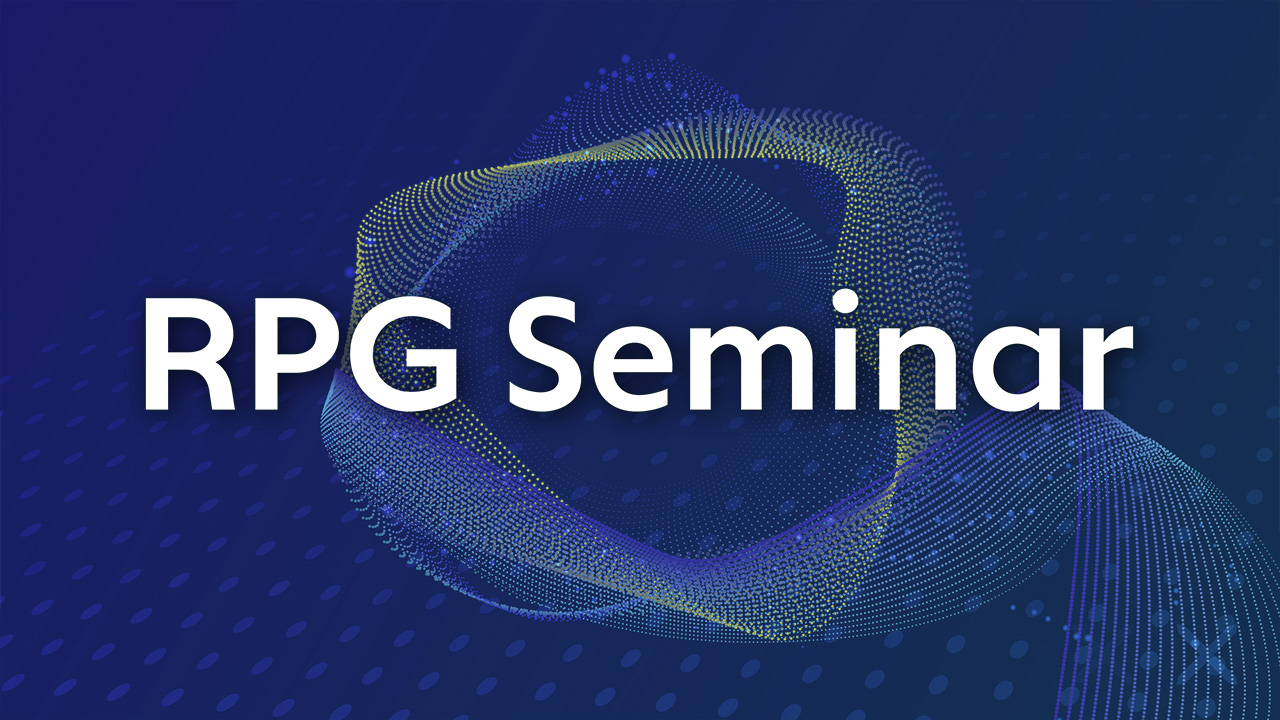Zoom Link: https://hku.zoom.us/j/93486553339
Abstract
The emergence of distributed Mixture-of-Experts (DMoE) systems, which deploy expert models at edge nodes, offers a pathway to achieving connected intelligence in sixth-generation (6G) mobile networks and edge artificial intelligence (AI). However, current DMoE systems lack an effective expert selection algorithm to address the simultaneous task-expert relevance and channel diversity inherent in these systems. Traditional AI or communication systems focus on either performance or channel conditions, and direct application of these methods leads to high communication overhead or low performance. To address this, we propose the DMoE protocol to schedule the expert inference and inter-expert transmission. This protocol identifies expert selection and subcarrier allocation as key optimization problems. We formulate an expert selection problem by incorporating both AI performance and channel conditions, and further extend it to a Joint Expert and Subcarrier Allocation (JESA) problem for comprehensive AI and channel management within the DMoE framework. For the NP-hard expert selection problem, we introduce the Dynamic Expert Selection (DES) algorithm, which leverages a linear relaxation as a bounding criterion to significantly reduce search complexity. For the JESA problem, we discover a unique structural property that ensures asymptotic optimality in most scenarios. We propose an iterative algorithm that addresses subcarrier allocation as a subproblem and integrates it with the DES algorithm. The proposed framework effectively manages the tradeoff between task relevance and channel conditions through a tunable importance factor, enabling flexible adaptation to diverse scenarios. Numerical experiments validate the dual benefits of the proposed expert selection algorithm: high performance and significantly reduced cost. JESA consistently achieves higher accuracy compared to homogeneous expert selection and lowers the cost by up to 50% compared to Top-k scheduling.
Speaker
Mr. Shengling Qin
Department of Electrical and Electronic Engineering
The University of Hong Kong
Speaker’s Biography
Shengling Qin received the B.Eng. degree from Tsinghua University, China, in 2023. He is currently working towards MPhil degree with The University of Hong Kong, Hong Kong. His research interests include mixture-of-experts, large language models and distributed training.


